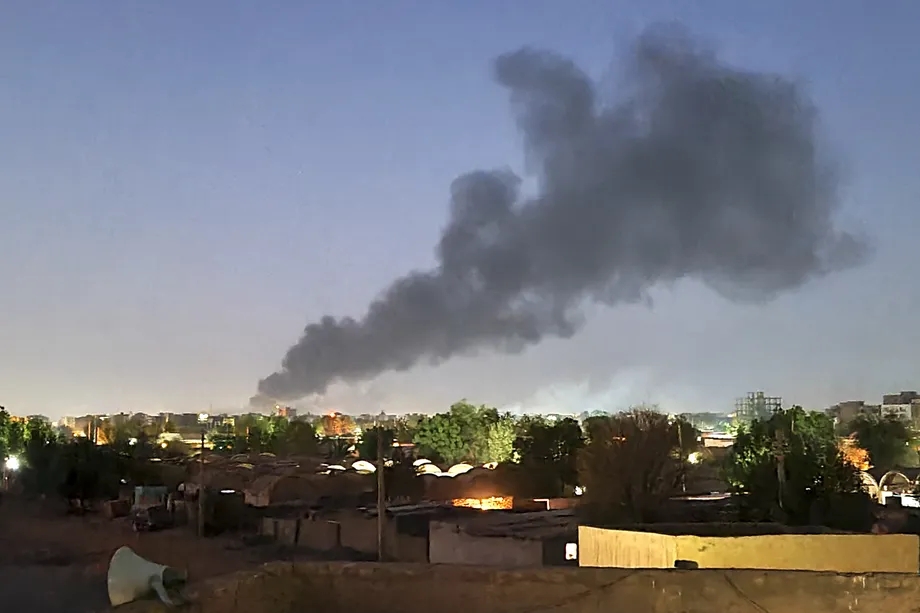
Khartoum, the capital of Sudan, is a war zone. “Things get worse every day and day,” said Mohamed Fath Alrahman, a doctor and general manager of Al-Nada Hospital in Khartoum.
Artillery shelling and airstrikes are the norm. The streets are not safe. There are food shortages. The health care system is collapsing. About 16 percent of hospitals in Khartoum are still functioning, according to the World Health Organization.
Al-Nada Hospital, a maternity hospital which is operated by the Sudanese American Physicians Association (SAPA), still has water and electricity and supplies, for now. It is a risk, though, for patients to leave home and seek care. Alrahman recalled a conversation with the husband of a pregnant woman, who told the doctor that, as he rushed his wife to the hospital to deliver their baby, his car was shot up.
“It is really, really a living hell,” Alrahman said.
Two men, and their respective militaries, are responsible for that living hell in Khartoum, and elsewhere in Sudan. Fighting erupted on April 15 between the Sudanese Armed Forces (SAF), led by General Abdel Fattah al-Burhan, and the Rapid Support Forces (RSF), a powerful paramilitary group led by General Mohamed Hamdan Dagalo, better known as Hemedti.











